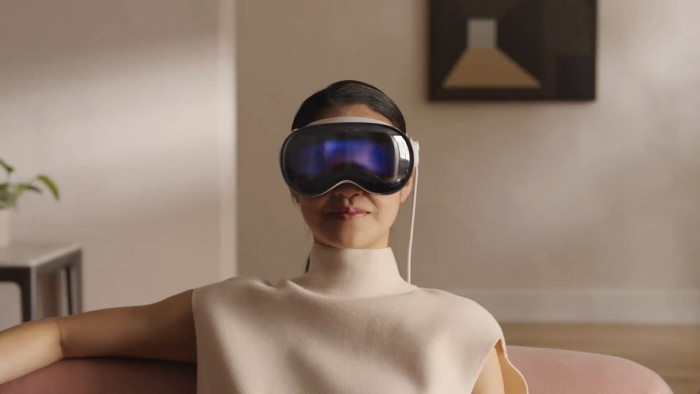This is the scary truth about Facebook's 'pull and refresh' feature
There's a dark secret underneath


There’s no doubt about it: we’re all addicted to our smartphones.
Just conduct a little experiment - try walking down a busy street and seeing how many people are just walking. Not looking at their phones, not checking for messages, not holding their phones in their hands waiting for a buzz, but just walking, with their eyes looking straight ahead. It won’t be many. Most of us just can’t resist that impulse to check for new Twitter updates, for new Facebook notifications, for new instant messages, for emails, for anything.
Of course, this is no accident. Software on your phones has evolved to become as addictive as possible - either through accident or design - in order to compel you to spend your time on their platform and not elsewhere. Of course, this makes sense, every app’s desire is to be your favourite one, and the more time you spend on it, the more you’re exposed to advertising, which makes them money.
But there’s one feature in particular which is particularly insidious - and that’s the ‘pull-to-refresh’ function.
Oh, you know it well, you’ve probably done it a million times - literally. Idly pulling down that screen before the little grey rectangle pops up and a couple of seconds of ‘buffering’ happens before you see what’s new on your feed: the old ‘pull and refresh’.
However: the feature is totally redundant. It’s there to mimic the actions of a slot machine. As Adam Alter, author of Irresistible: The Rise of Addictive Technology and the Business of Keeping Us Hooked told Vice: “You pull the lever to win a prize, which is an intermittent action linked to a variable reward. Variable meaning you might win, or you might not. In the same way you refresh your Facebook updates to see if you’ve won. Or you swipe right on Tinder to see if you’ve won.”

The delay, and the expectation, is part of the psychological experience - ‘What am I going to get this time?’ ‘Will there be a notification and something new this time?’
The app doesn’t actually need to ‘load’. It could tell instantly if there’s a new notification - but that would not give us those few moments of anticipation that we all crave.
Indeed, the designer, Loren Brichter, who invented it back in 2009 says that, in an era of push notifications, where apps can automatically update content without needing the user to do anything, “it could easily retire”.
However, as Paul Lewis in The Guardian explains, “instead it appears to serve a psychological function: after all, slot machines would be far less addictive if gamblers didn’t get to pull the lever themselves.”
Brichter likens it to the redundant ‘close door’ button in lifts which have automatically closing doors - “people just like to push it” - as Lewis writes: “the downward-pull action is, for hundreds of millions of people, as intuitive as scratching an itch.”
So if you think you’re addicted to your smartphone: you’re probably right, and it’s entirely deliberate.
(Images: Rex)








